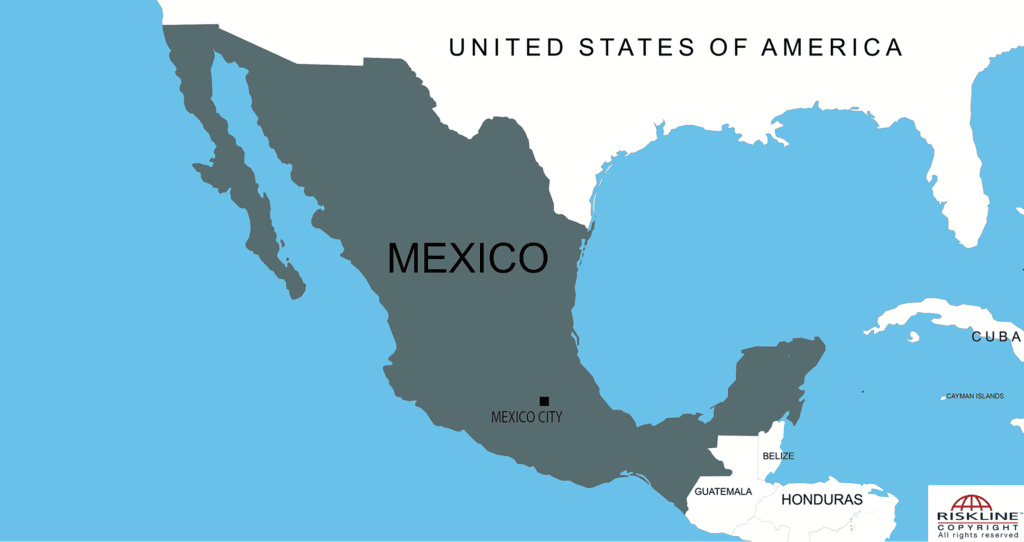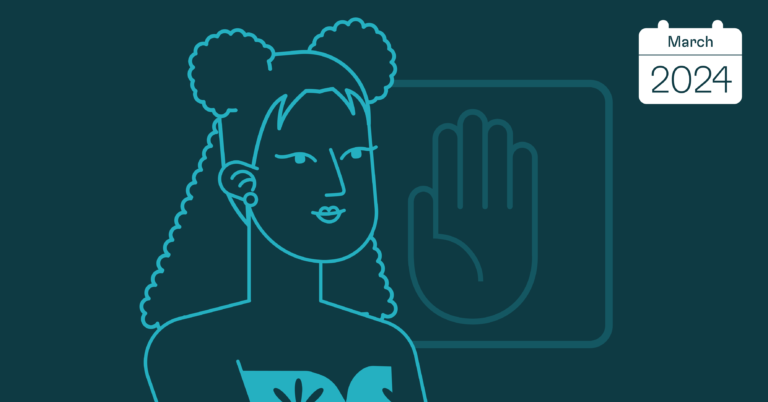Violent crime reached a record-breaking high in Mexico in 2017, with 29,168 murders – a 27 percent increase over 2016. This trend is projected to be even worse for 2018 as more than 7,660 homicides were reported during the first three months of the year. Election periods have not been immune; political violence marred previous campaign periods in 2015, 2012 and 2010. The 2018 general election campaign has perpetuated the trend, with at least 113 political figures murdered since the election process began in September 2017.
On 1 July, Mexican voters will elect a new president – incumbent President Enrique Peña Nieto is not eligible for a second term – 128 members of the Senate and 500 members of the Chamber of Deputies. Local elections will also be held in 30 out of the country’s 31 states and federal district. The results of the presidential poll are likely to deliver a major upset to the ruling Institutional Revolutionary Party (Partido Revolucionario Institucional, PRI) and the National Action Party (Partido Acción Nacional, PAN), but are unlikely to have a major impact on the surge in nationwide violence. While the majority of killings are attributed to gang, cartel and drug-related violence, it is the very institutional structure of Mexico’s electoral, party and government system that has facilitated the growth of this violence, making the role of president and the ruling party inconsequential to solving the problem.
If May-June opinion polls are accurate, three-time presidential candidate Andrés Manuel López Obrador – or AMLO as he is known – is on track to become Mexico’s 58th president. With double the support of his nearest rival, the PAN’s Ricardo Anaya Cortés, the leftist nationalist Obrador and his National Regeneration Movement (Movimiento Regeneración Nacional, MORENA) have surged ahead of the PRI’s José Antonio Meade Kuribreña. Capitalising on corruption scandals, drug-fueled violence and economic downturn under the PRI has helped his message resonate. His plan to tackle violence, by offering amnesty for drug traffickers through a peace and reconciliation process involving international organisations as well as Pope Francis, has not been without controversy and removed from his own nationalistic and isolationist ideals. If elected, AMLO promises to demilitarise the fight against organised crime by removing the army from the streets and merging the police and the military into one unified body under direct presidential command. The likelihood of such plans succeeding are questionable due to the entrenchment and scale of organised criminal groups in the country.
Worryingly, violence in Mexico has failed to improve under the current and previous administrations. Since 2006, when then-president Felipe Calderón of the PAN ignited a fresh war on drugs targeting cartel kingpins, more than 200,000 people have died and some 32,000 remain missing. As of the end of March 2018, at least 104,583 homicide cases were reported during the term of President Peña Nieto, a slight increase of the more than 102,859 killings under Calderón. The splintering of cartels, proxy wars carried out by associated yet rival street gangs, turf battles sparked by the expansion of rising groups and drug diversification and greater American demand for drugs have fueled this violence, while the political system has allowed it to flourish.
Weak rule of law in Mexico has allowed systematic corruption to permeate all levels of government, the electoral system and security apparatus. In turn this corruption has aided in the expansion of drug violence over the past two decades with cartels often acting as the “extrajudicial arm of the political party in power”. Political attacks are typically focused on some regions – notably in the Tierra Caliente, Golden Triangle and neighbouring states where poppy and marijuana fields blossom and the northern border state of Tamaulipas, home to key smuggling routes into the United States – where organised criminal groups hold a tighter grip on power and where local political actors have routinely outsourced unsanctioned activity to assert their control on the political system to these groups. Meanwhile, a study by scholars Guillermo Trejo and Sandra Ley concluded that the polarisation of political parties in Mexico enables violence, as the rate of cartel-related killings was found to be higher in regions where the local government’s party was different from the ruling national party. With a weakened PAN and PRI on the national front, the left-wing reformist MORENA is equally unlikely to heal the polarised landscape. Indeed, while MORENA is ahead in many areas of the country, leading representatives are geographically dispersed, giving the party weak political and territorial structure in each state, particularly when compared with the PAN and PRI, which are more consolidated in rural areas. Gubernatorial elections are also not due to take place for at least another three to four years in the violence-wrecked states of Chihuahua, Colima, Durango, Guerrero, Michoacán, Sinaloa and Tamaulipas, all of which are governed by the PRI or PAN.
Frustrated by the failures of the PAN and PRI to reduce public insecurity, corruption, impunity and poverty over the past several decades, Mexican voters are clearly open to opting for a third choice. However, the idea of ’violence as a way of life’ will perpetuate in Mexico. Unless entrenched levels of systematic corruption are removed from the core of the country’s governing institutions, facilitated cartel violence will endure, despite a change in federal administration.















